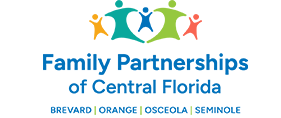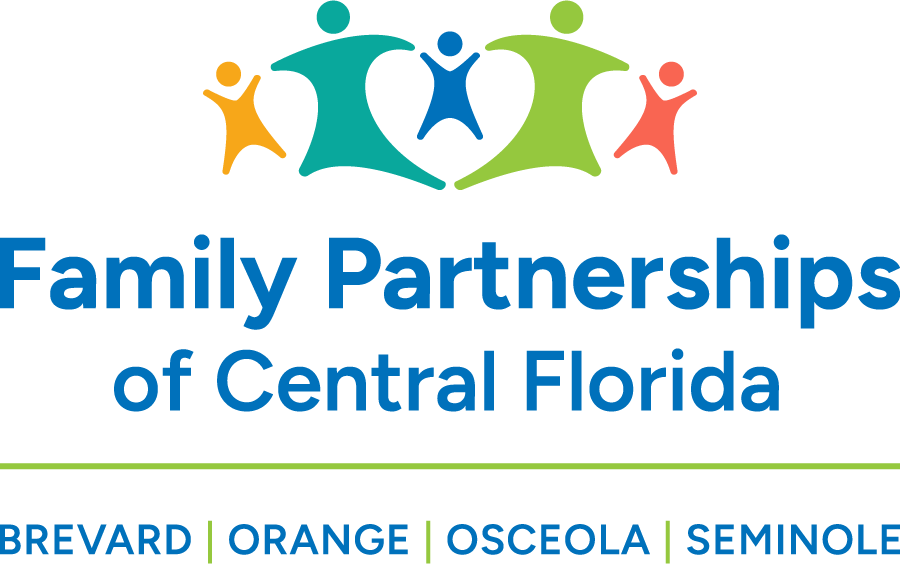
By Phebe Powell, Executive Director, Brevard C.A.R.E.S.
May is Mental Health Month and May 7th– 13th is National Children’s Mental Health Awareness week. Did you know that 1 in 5 children suffer from some form of diagnosable mental health disorder? Mental health disorders are the most common health issues faced by our nation’s school-aged children and 80% of chronic mental disorders begin in childhood.
Mental health in childhood means reaching developmental and emotional milestones, and learning healthy social skills and how to cope when there are problems. Mentally healthy children have a positive quality of life and can function well at home, in school, and in their communities. There is an urgent need to identify the signs of mental illness early in life if children are to get the care and support they need to thrive. Mental illness is like any other disease, the earlier that it is diagnosed and treated the better the outcome for the child and family. There are many mental illnesses that are diagnosable for children including; depression, anxiety disorders, autism spectrum disorder, eating disorders, attention deficit hyperactivity disorder, and suicide prevention.
Unfortunately, many parents and caregivers do not seek treatment and services for their children when the warning signs arise due to the stigma attached to mental illness. In 1999, the U.S. Surgeon General labeled “stigma” as the biggest barrier to mental health care. Research suggests that the majority of people hold negative attitudes and stereotypes towards people with mental illness. From a young age, children will refer to others as “crazy” or “weird”; these terms are used commonly throughout adulthood as well. Often the negative stereotypes involve perceptions that people with mental illness are dangerous. This perception is fueled by media stories that paint violent perpetrators as “mentally ill” without providing the context of the broad spectrum of mental illness.
Stigma is toxic to children’s mental health because it creates an environment of shame, fear and silence that prevents many people from seeking help and treatment. The perception of mental illness won’t change unless we act to change it. Children experiencing mental health conditions often face rejection, bullying and even discrimination. This can make their journey to recovery longer and more difficult.
Navigating life with a mental health condition can be tough, and the isolation, blame and secrecy that are often encouraged by stigma can create huge challenges to reaching out, getting needed support and living well. Learning how to cope with stigma and how to avoid and address stigma are important for all of us. Here are some ways you can deal with the stigma associated with mental Illness:
- Get treatment. You may be reluctant to admit your child needs treatment. Don’t let the fear of your child being labeled with a mental illness prevent you from seeking help. Treatment can provide relief by identifying what is wrong and getting the help needed in order to reduce symptoms that interfere with your child’s education and personal life.
- Don’t let stigma create self-doubt and shame. Stigma doesn’t just come from others. You may mistakenly believe that your child’s condition is a sign of personal weakness, bad parenting, or that he/she should be able to control it without help. Seeking counseling, educating yourself about your child’s condition, and connecting with others who have mental illness can help you and your child gain self-esteem and overcome destructive self-judgment.
- Don’t isolate yourself. If your child has a mental illness, you may be reluctant to tell anyone about it. Your family, friends, clergy, or members of your community can offer you support if they know about your child’s mental illness. Reach out to people you trust for the compassion, support, and understanding you need.
- Don’t equate your child with their illness. Your child is not an illness. So instead of saying “He’s bipolar,” say “He has bipolar disorder.” Instead of calling your child “a schizophrenic,” say “She has schizophrenia.”
- Join a support group. Some local and national groups, such as the National Alliance on Mental Illness (NAMI), offer local programs and internet resources that help reduce stigma by educating people who have a mental illness, their families, and the general public.
- Get help at school. If your child has a mental illness that affects learning, find out what plans and programs might help. Discrimination against students because of a mental illness is against the law. Educators at primary, secondary and college levels are required to accommodate students as best they can. Talk to teachers, professors or administrators about the best approach and resources. If a teacher does not know about a student’s disability it can lead to discrimination, barriers to learning, and poor grades.
- Speak out against stigma. Consider expressing your opinions at events, in letters to the editor or on the internet. It can help instill courage in others facing similar challenges and educate the public about mental illness.
Judgment from others almost always stems from a lack of understanding rather than information based on facts. Learning to accept your child’s condition, recognizing what you need to do to treat it, seeking support, and helping educate others can make a big difference.









